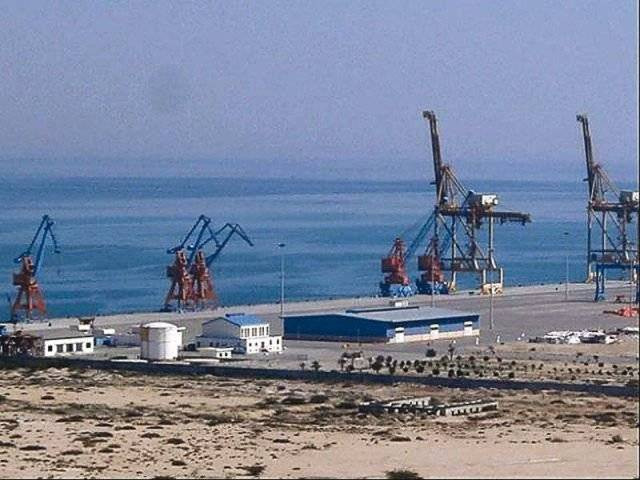Is Pakistan ready for a take-off?
Million-dollar question is whether we will seize this moment for an economic take-off or will once again squander it

PHOTO: FILE
China-Pak investment: PML-Q refuses to support changes in CPEC
There cannnot be a better analogy to understand Pakistan’s trajectory than learning from the concept of ‘take-off’ in aviation. In order for a plane to successfully take off, besides having a clear runway and favourable weather conditions, in the tug of war between opposing vertical and horizontal forces of lift versus weight, and thrust versus drag, the forces of lift must prevail over weight and the power of thrust must prevail over drag. During a take-off, all the weight on the aircraft must also be stable, otherwise the take-off can turn into an accident. The aircraft cannot take off if its engines are not working in sync to provide the required thrust. An aircraft can land with one of its engines shut down, but it can never take off without all engines working together. If all these conditions are not met, the plane can’t take off successfully.
This example is instructive in understanding Pakistan’s potential for a take-off. Firstly, we are a nation of 200 million people, of which almost two-thirds consists of the youth, with heightened aspirations and expectations. Our institutions are weak due to a fractured political history featuring long shadows of various martial laws. Moreover, due to the lack of investment in human capital over a prolonged period means that we still have high levels of illiteracy, disease and poverty. This translates into a heavy weight of social underdevelopment that has to be lifted. We need an extraordinary force of lift to overcome the drag and downward pull and achieve a successful take-off. We possess a rich endowment base. However, this can only be harnessed effectively by adopting the right strategies and implementation mechanisms with a clear focus on the economic agenda. Additionally, just as an aircraft can’t take off if the runway isn’t clear and is not of the desired length, countries also need to ensure that their policies are sound and provide a consistent and stable span for take-off. Finally, equally important is the favourability of the socio-political weather, as political thunderstorms and social jolts are capable of subverting take-offs.
China-Pakistan Economic Corridor: Lines of development – not lines of divide
The nation’s institutions must work harmoniously to produce the positive synergy required for an economic take-off. It is absolutely critical that all national institutions align themselves with a national vision and function with harmony to overcome the inertia of forces of the status quo to ensure a national take-off. Pakistan is an evolving society in which new power centres are emerging alongside traditional structures of power. After the Eighteenth Amendment, provinces have assumed added responsibilities and roles. Coordination between the federal government and provinces for realising the national development agenda has become critical. The media, the private sector and civil society are new and powerful players in national affairs. The judiciary has assumed a new role in the wake of Judges Restoration Movement. The role of parliament and the legislatures has become critical for effective democratic governance. The civil and military bureaucracy play a key role in our context.
Based on these fundamentals and lessons from our history, in order to ensure Pakistan’s take-off, it is critically important that all stakeholders, institutions and players join hands for a team effort. Political differences must not come in the way of the pursuit of national goals. Vision 2025 has been developed through elaborate and extensive consultation of all stakeholders. It has been approved with the consensus of all political parties represented in the governments of our federation, with the PML-N at the Centre and Punjab, the PTI and the Jamaat-e-Islami in Khyber-Pakhtunkhwa, the PPP in Sindh and the nationalist parties in Balochistan. The nation has declared its aspirations and intent to join the league of newly emerging economies with the goal to be among the top 25 economies of the world by 2025. In order to reach this goal, we will need to achieve an annual growth rate of over seven per cent. Though this may seem daunting, with the great dividend of the CPEC in our grasp, this goal is achievable. However, to realise this dream we need to follow the rules of a successful take-off — maintaining favourable political weather, ensuring a smooth platform of consistent policies, and working together as a united, determined and focused nation.
Published in The Express Tribune, January 20th, 2016.
Like Opinion & Editorial on Facebook, follow @ETOpEd on Twitter to receive all updates on all our daily pieces.















COMMENTS
Comments are moderated and generally will be posted if they are on-topic and not abusive.
For more information, please see our Comments FAQ